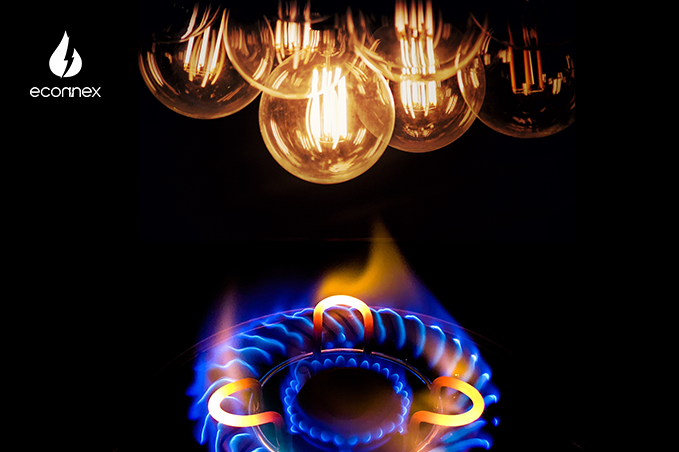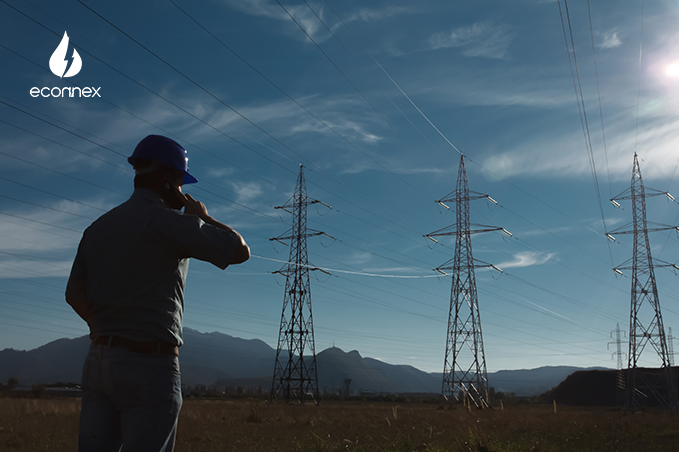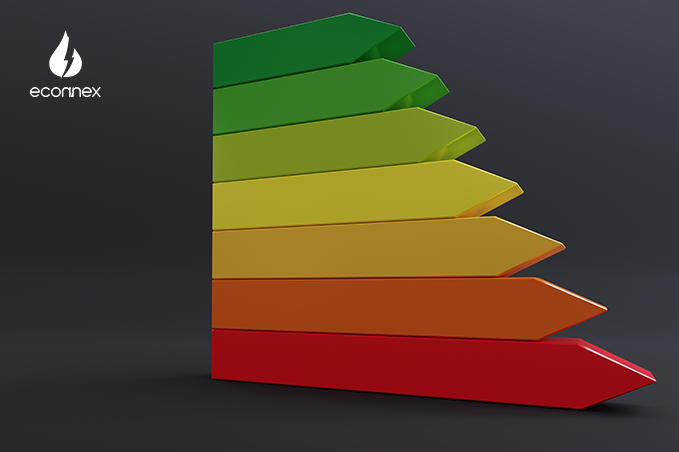Energy retailers: Energy Providers offering electricity and gas services to consumers, helping meet their energy needs efficiently.

Published on 22/09/2023
By Rajesh Kumawat
Energy Comparison
As mentioned in our distributors’ explainer (you can read here), energy retailers are the companies that arrange and market electricity and gas to residential and commercial premises.
They do not own or operate the poles, wires, or pipes to your home; however, they do track the usage and bill you each month, two months, or quarter.
Electricity retailers are the firms that bill and set prices for your electricity, and can offer packages with split tariffs (peak, shoulder, and off-peak), offer discounts such as pay-on-time discounts, and other incentives to have you sign up with them.
In most states, the energy market is deregulated, which means retailers can set different rates due to increased competition. The theory is that increased competition leads to lower prices for consumers, as these retailers try to attract as many customers as possible.
In some states, parts of the energy market might be regulated. The Victorian Government proposed a new network tariff that can help alleviate larger power bills by estimating your maximum demand and fixing a daily charge and usage charge. This is an option with some retailers (some may call it ‘bill smoothing’) and requires you to sign up for it. It may yield a better deal for you.
Gas retailers are unregulated in the same way as electricity retailers. Like electricity retailers, they only check the meter and bill you for your usage. They do not own or operate the infrastructure or gas delivered to your home or office.
Some states offer different regulations. For example, In NSW, you can opt for standard or market contracts. Standard contracts fix a price for six months. Market contracts can go up and down according to the price of gas. Which one is best for you to depend on your circumstances.



